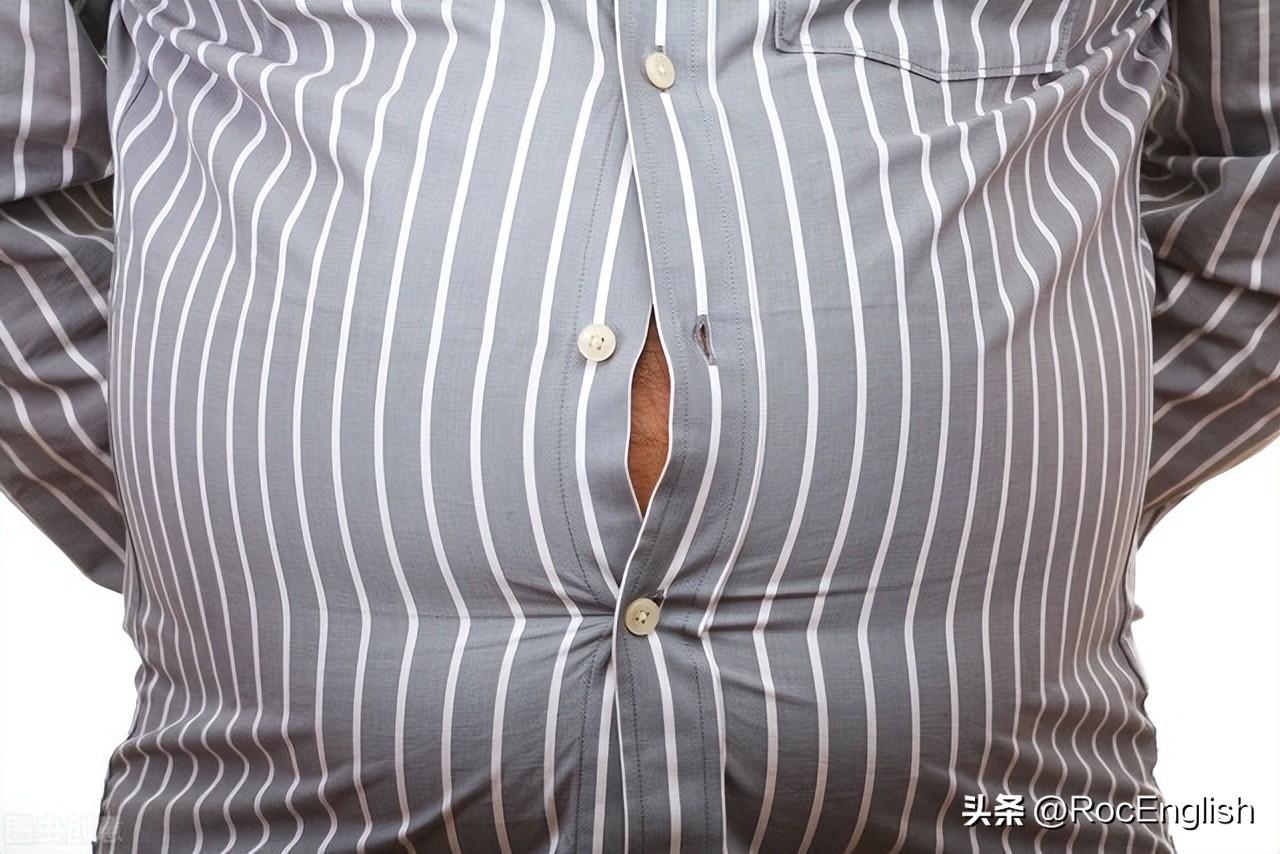
Enough和too两个词都可以描述和修饰“数量的多”和“程度的高”,但两者的用法确实截然不同。本期内容就与各位进行简明扼要的讨论。
Enough用来表示“足够的”,其实是表示“数量”和“程度”都是恰到好处,不多不少刚刚好。
Enough会跟在形容词或副词之后,表示“程度”刚合适。
请看下列例句:
The taxi is fast enough.
这辆出租车足够地快。
He didn’t read the note carefully enough.
他并没有足够仔细地阅读说明。
The water is cool enough. You can drink it now.
这杯水足够地凉爽,你现在可以喝掉它。
The teacher didn’t speak loudly enough. So I didn’t understand.
老师没有足够大声地讲解,所以我不理解。

Enough也可以在名词之前,表示“足够多的…”
I don’t have enough money to buy this house.
我没有足够的钱买这套房子。
There isn’t food in the fridge, so we need to go shopping.
冰箱里的食物不多了,我们需要去购物。
We have only 10 yuan, but that’s enough.
我们只有10元钱,但也是足够了。
Do we have enough time to have a meeting?
我们有没有足够的时间开个会?

Enough的其他用法
Enough already
表示某事很无聊或令人讨厌,从而希望它不再继续。
Enough already. I don’t want to hear you talking about it anymore.
够了!我不想再听你说了。
Enough is enough
表示不想某事再继续了。
“Enough is enough.” He said quietly to the boy.
他轻声地对那个男孩说:“够了!”
Enough said
表示你已经明白了某事而不需要再听解释了。
“If you want some music, just turn on the TV and …”
如果你想听音乐,你可以打开电视然后…“
“Enough said.”
“我明白了。”
Have had enough of something / somebody
表示你做够了某事而不想再做了。
I have had enough of this work.
我受够这份工作了。

Too用来修饰形容词,描述一件事情超出了适当的程度。往往too所修饰的形容词对于说话人来说会表示消极的意义。
I won’t go to the party. It’s too late.
我不会去参加这个聚会的,太晚了。
I don’t want to eat anything. I am too full.
我什么也不想吃了,我太饱了。
Could you please turn off the air conditioner? It’s too cold.
你能不能关掉空调?太冷了。
This shirt is too tight for me.
这件衬衫对我来说太紧了。

Too … to …句型
我们可以用too+形容词+to do句型来表示“某事太…而不能…”的意思。
It’s too late to go to the party.
太晚了而不能去参加聚会。
I am too busy to go traveling.
我太忙了而不能去旅行。
This shirt is too tight for me to wear.
这件衬衫对我来说太紧了不能穿。
She is too tired to work.
她太累了而不能工作。
-THE END-








